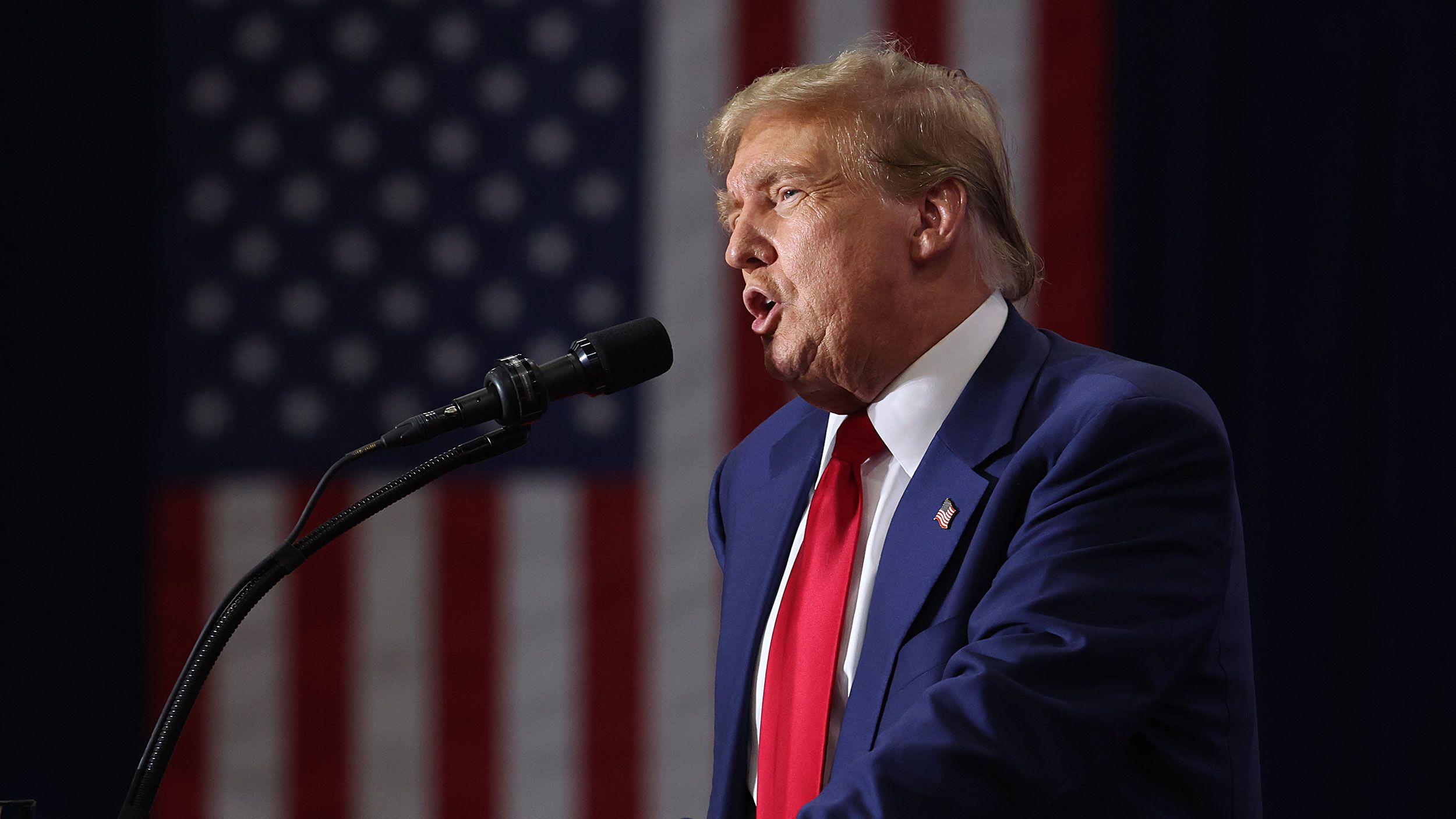Former President Donald Trump has maintained a consistent stance over the years on a critical aspect of American politics: his skepticism towards election results. Whether he wins or loses, Trump has a history of questioning the legitimacy of the results. Currently, he is withholding judgment on the integrity of the upcoming election.
Trump’s History of Doubting Election Results
In 2016, Trump was not the favorite to win the election, which might have influenced his preemptive doubts about the results. He claimed the system was “rigged” months before Election Day. During the final presidential debate of 2016, moderator Chris Wallace highlighted the principle of a peaceful transfer of power. However, Trump refused to commit to this principle, leaving the nation in suspense.
Even after his victory in the Electoral College, Trump continued to question the legitimacy of the 2016 election, alleging, without evidence, that millions of illegal votes cost him the popular vote. His special commission, appointed to investigate these allegations, found no evidence of voter fraud.
Trump’s Continued Skepticism
In 2020, Trump shifted his focus from a supposed conspiracy of illegal voting to mail-in voting. Despite the lack of evidence supporting widespread mail-in voter fraud, Trump continued to express doubts about the election results. His refusal to accept his loss led to a protest at the Capitol building on January 6, 2021, resulting in a mob of his supporters storming the building.
Looking Ahead to 2024
Currently, Trump is leading Biden in some polls. He has expressed optimism about the upcoming election, citing changes to election laws pushed by Republican legislators in key states. However, he has not fully endorsed the electoral system, stating he will voice concerns if he perceives any issues with the 2024 election.
Impact on Republican Confidence in Elections
Trump’s consistent questioning of election integrity has coincided with a significant decline in Republican confidence in U.S. elections. In 2006, 92% of Republicans were confident in the accuracy of elections. By 2022, this figure had dropped to just 40%.
Democrats’ Frustration with Election Results
It’s worth noting that Democrats have also expressed frustration with election results. Hillary Clinton, for instance, referred to Trump as an “illegitimate president” years after her loss in 2016. However, unlike Trump, she accepted his Electoral College victory and offered to work with him for the benefit of the country.
As we look ahead to the upcoming election, it’s likely that Trump will continue to question the results if he does not emerge victorious. His history suggests that he may allege a conspiracy to steal the election, regardless of the voters’ decision.

